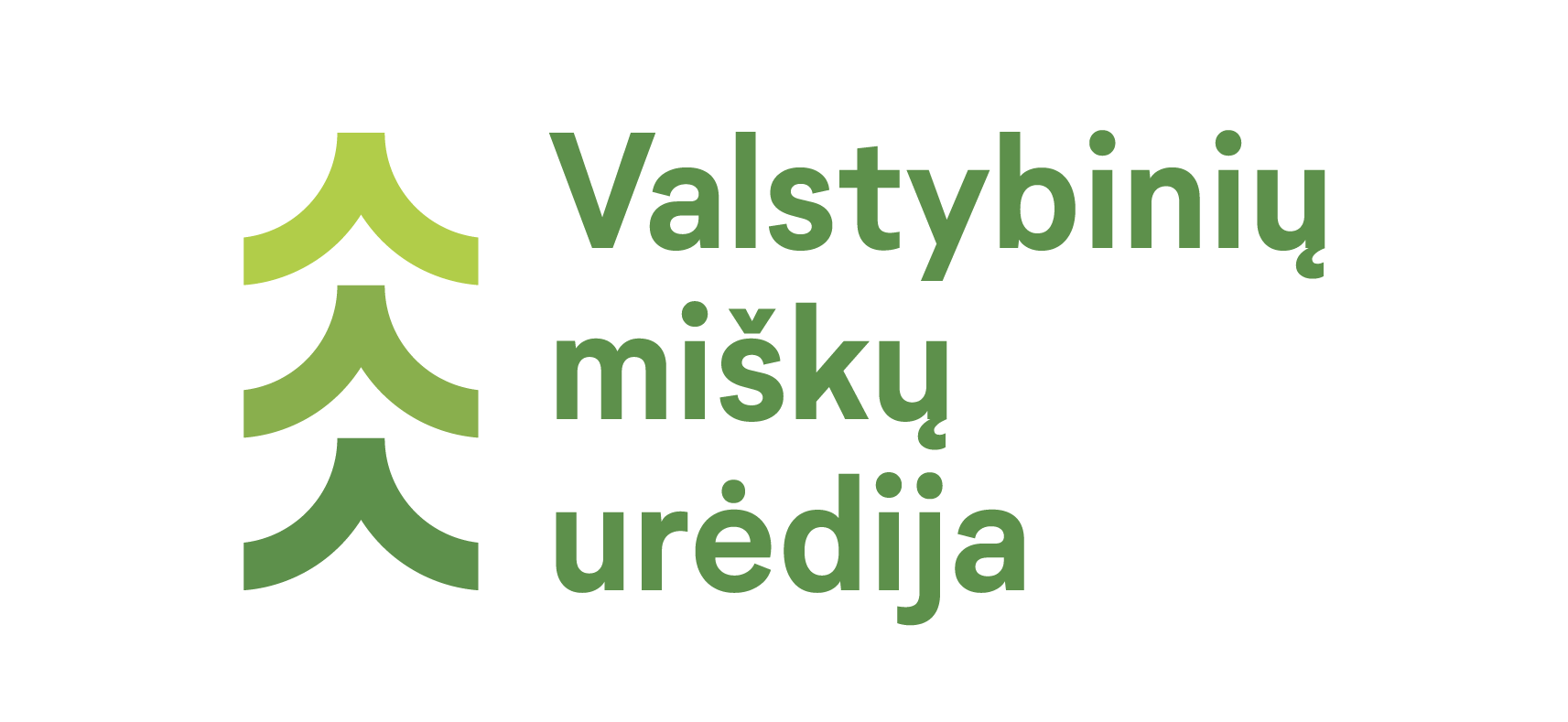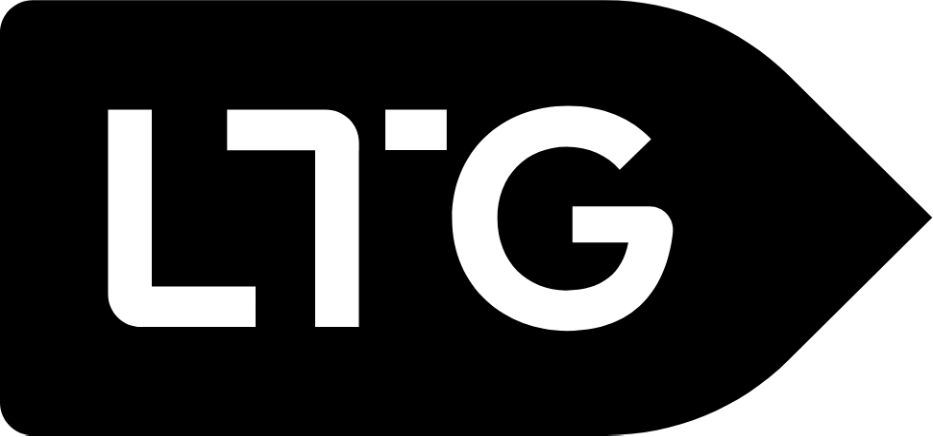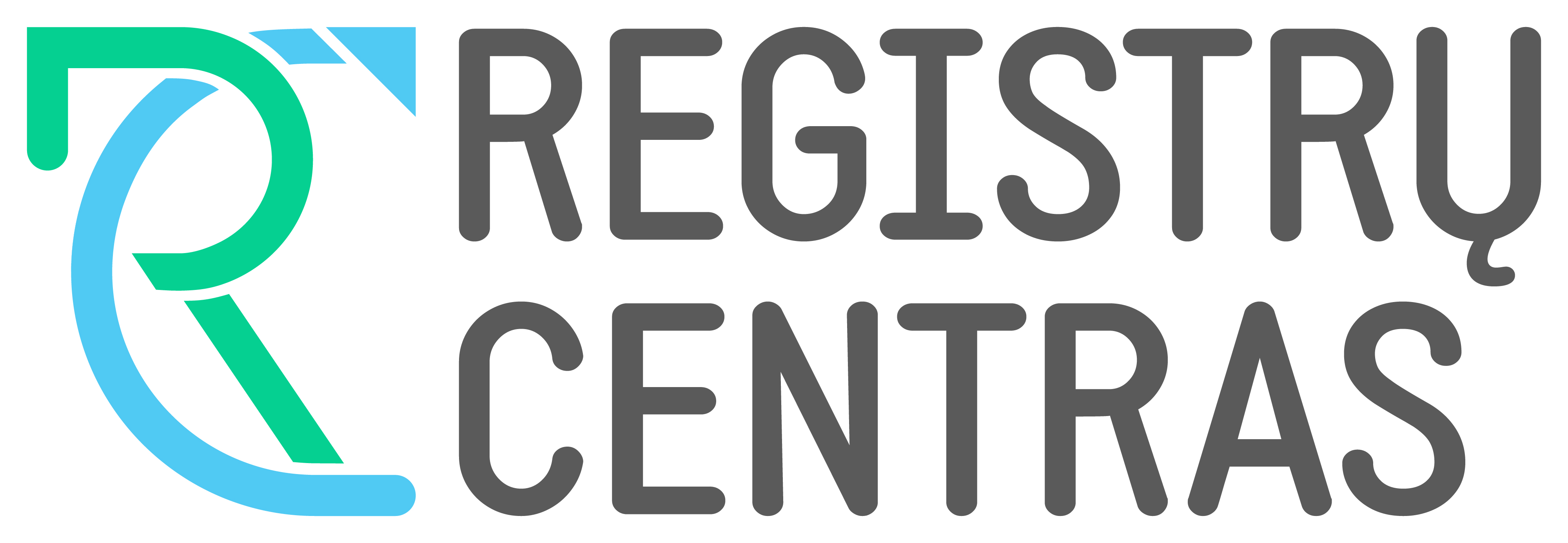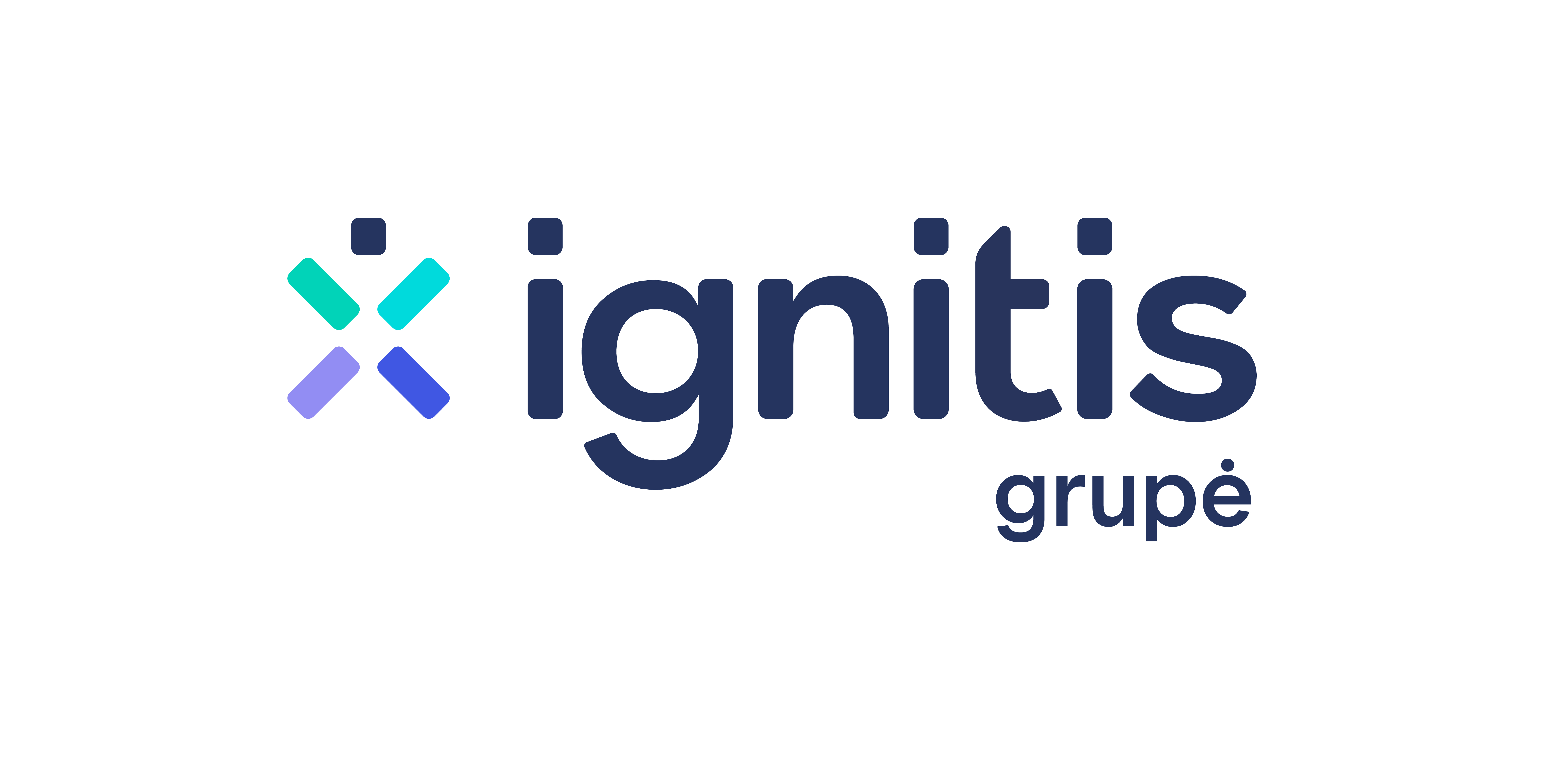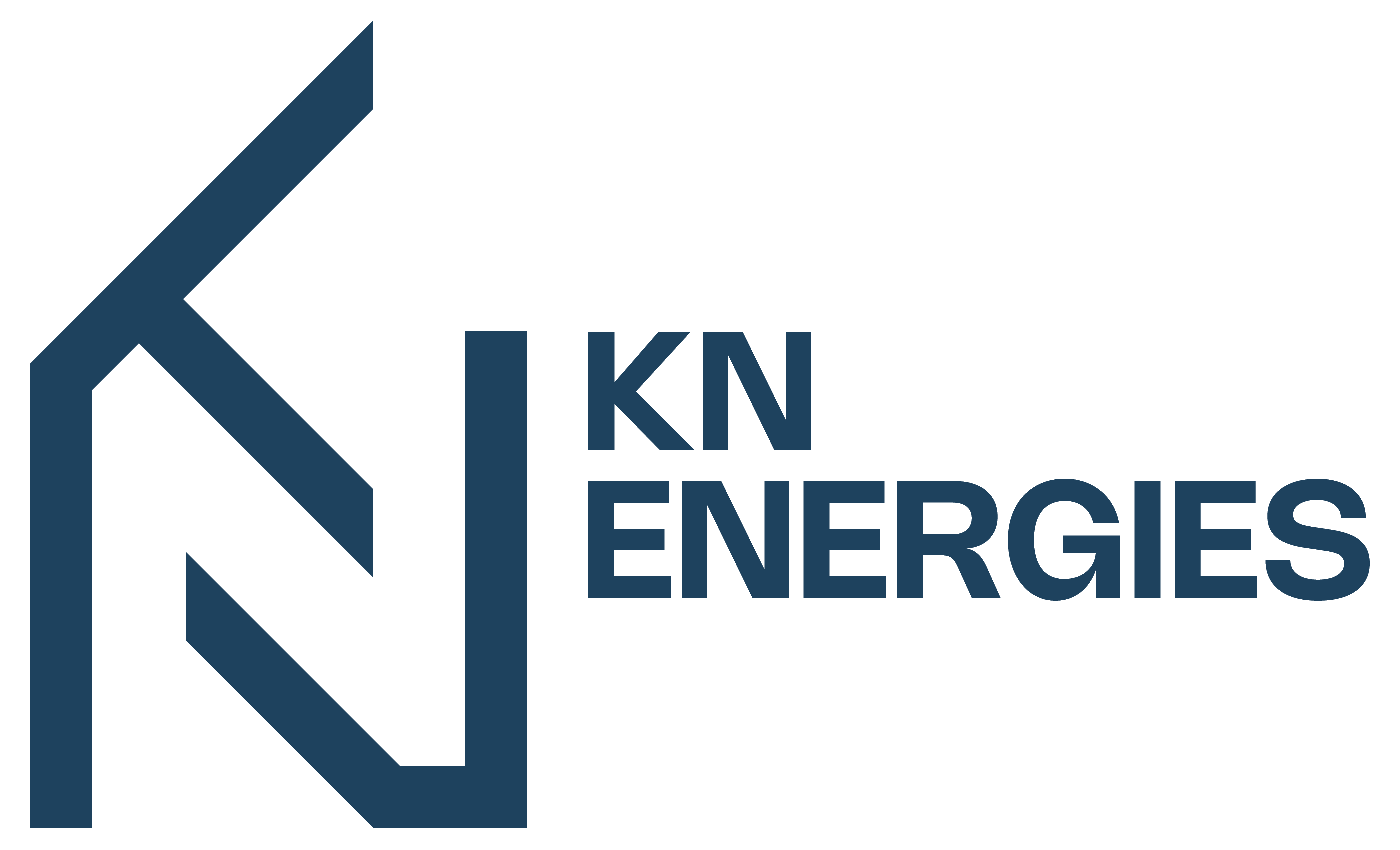State-owned enterprises maintain stability – the financial return to the state has increased by three percent
Despite geopolitical and economic challenges, state-owned enterprises (SOEs) maintained stability last year and continued to reliably generate financial returns for the state. The total amount of dividends and profit contributions for 2024 results increased by three percent – reaching €191.3 million, compared to €185.8 million for 2023. Including non-typical taxes paid by SOEs, the state budget was supplemented by €232.5 million.
Seventeen SOEs allocated higher dividends or profit contributions for the reporting year – five more than the previous year. The largest contribution to the state budget came from AB “Ignitis grupė”, which allocated €72 million in dividends to the state budget for the reporting year.
The transport sector – affected by geopolitical unrest in Ukraine and related sanctions – continues to demonstrate a rapid recovery. In 2024, SOEs operating in this sector earned a net profit of €87.7 million, which was 24.8% higher than the previous year. AB “Lietuvos geležinkeliai” group alone allocated €33.3 million in dividends based on its 2024 results and earned €37 million in net profit – a 71.1% increase compared to 2023.
According to Minister of Economy and Innovation Lukas Savickas, SOEs today are part of society’s security, stability, and identity. They are responsible not only for profitable operations and dividends but also for providing quality services, maintaining critical infrastructure, promoting innovation, and supporting regional development.
“The value of SOEs has long been measured not only by profit lines – if we look deeper, we see that these enterprises create value for society through the implementation of innovation, sustainability initiatives, and the strengthening of energy, economic, and social resilience. That’s why our shared goal is not just financial sustainability. Now, more than ever, it’s important that these companies create clear, long-term value for the people of Lithuania, and that their activities are grounded in transparency, accountability, and a long-term vision,” said L. Savickas.
The Governance Coordination Centre (GCC) – an analytical institution established by the Government to implement good governance practices – annually assesses SOE performance and provides recommendations.
According to acting GCC head Jurgita Bagdonienė, in 2024 all SOEs together earned €542.5 million in net profit. That is 10.9%, or €66.7 million, less than in 2023. However, J. Bagdonienė emphasized that assessing the true performance of SOEs based solely on net profit would be misleading, as companies have significantly improved other strategic indicators in recent years.
“During the 2022–2024 period, nearly two-thirds of SOEs operating in the country successfully achieved all long-term financial goals (KPIs) set by the Government, and the total amount of dividends and profit contributions remained stable since 2022. This shows the consistent and focused efforts of SOEs to achieve higher operational efficiency standards – these companies are managing entrusted state capital responsibly, making professional decisions, and becoming more sustainable, flexible, and focused on long-term benefit to the state,” Bagdonienė highlighted.
The energy sector generated the largest share of total SOE net profit – at the end of 2024 it amounted to €343 million, or 63.2% of the entire SOE portfolio. On the other hand, this sector also had a considerable impact on the overall decline in SOE sector profits. For example, AB “Ignitis grupė” reported a 13.8% decrease in net results last year.
The forestry sector also had a significant negative impact on net profit changes – VĮ Valstybinių miškų urėdija generated 26.4% less net profit in 2024 than in 2023.
It is noteworthy that SOEs operating in Lithuania are consistently striving for gender balance. Following good governance principles and international recommendations, the goal is for one gender to comprise no less than 33% of SOE governing bodies. As of May 2025, this balance was achieved in 10 out of 16 major SOEs, and at the end of 2024, women led an average of one in three collegial bodies.
In 2024, SOEs employed 26,500 people and managed €13.8 billion in assets – an 8.2% increase compared to the previous year.
Eight state-representing institutions exercised shareholder rights or state ownership functions in 2024. Two of them – the Ministries of Finance and Transport – continued to oversee the majority of the SOE portfolio.




